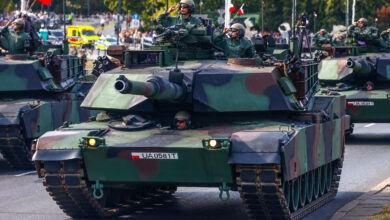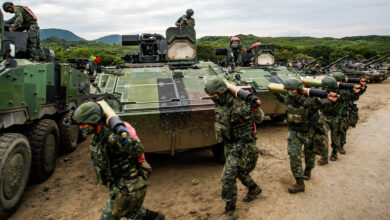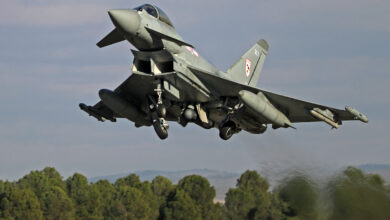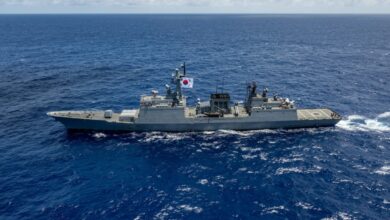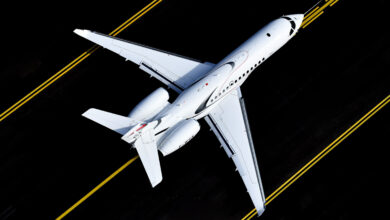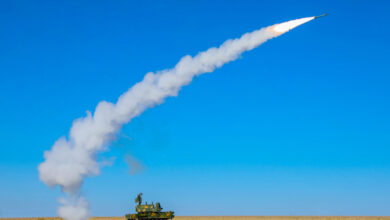Sierra Nevada Beats Leidos, L3Harris in US Army’s ATHENA-S Spy Jet Program
Sierra Nevada Corporation has won a US Army contract to produce two intelligence, surveillance, and reconnaissance (ISR) aircraft, the service’s aviation acquisition official announced earlier this week.
The American firm bested the team of Leidos and L3Harris after proposing its Rapcon-X platform for the Army Theater Level High Altitude Expeditionary Next ISR-Sensor (ATHENA-S) program.
According to US Army acting program executive officer Rodney Davis, the contract is for “ISR as a service,” meaning Sierra Nevada will own the aircraft and facilitate missions in support of army units.
He did not disclose the total value of the contract, but several reports estimated that the deal could reach $600 million and last five years.
“We’ve got to get the first equipment in formation and then start integrating that onto the aircraft,” the official explained. “They’re incentivized to get it done as soon as possible [and to] start performing that service.”
Davis said it will likely take at least a year before Sierra Nevada will be able to deploy the ATHENA-S aircraft.
Winning Proposal
The US Army’s ATHENA-S program aims to move the service’s fleet of fixed-wing ISR aircraft from propeller-driven platforms to converted business jets.
Sierra Nevada’s Rapcon-X proposal is a modified Bombardier Global 6500 aircraft with a suite of signals intelligence systems and radars.
It reportedly features open architecture for easy modifications, ensuring it can stay relevant for future missions.
The company claimed to have spent $280 million of its own money in procuring and installing high-performance radars and other systems.
“We believe our Rapcon-X design provides the Army a unique capability to ensure future proofing,” Sierra Nevada vice president Joshua Walsh told Aviation Week. “We believe our technical solution sets us apart, and certainly the commitment made by our owners.”

Leidos, L3Harris May Protest
After losing the competition, a spokesperson for Leidos told Breaking Defense that the team is disappointed with the outcome.
The company and its partner, L3Harris, proposed another modified version of Bombardier Global 6500 equipped with state-of-the-art ISR platforms.
According to the spokesperson, the team is eager to know why their pitch was not chosen to eventually help them enhance future strategies.
Both Leidos and L3Harris still have a chance to protest the decision.




